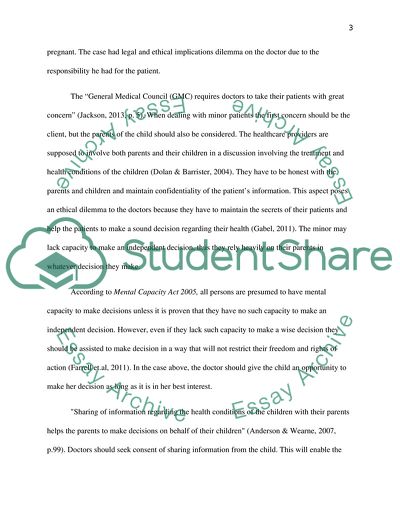Cite this document
(The Medical Codes of Ethics Coursework Example | Topics and Well Written Essays - 2000 words, n.d.)
The Medical Codes of Ethics Coursework Example | Topics and Well Written Essays - 2000 words. https://studentshare.org/ethics/1827540-ethic-low
The Medical Codes of Ethics Coursework Example | Topics and Well Written Essays - 2000 words. https://studentshare.org/ethics/1827540-ethic-low
(The Medical Codes of Ethics Coursework Example | Topics and Well Written Essays - 2000 Words)
The Medical Codes of Ethics Coursework Example | Topics and Well Written Essays - 2000 Words. https://studentshare.org/ethics/1827540-ethic-low.
The Medical Codes of Ethics Coursework Example | Topics and Well Written Essays - 2000 Words. https://studentshare.org/ethics/1827540-ethic-low.
“The Medical Codes of Ethics Coursework Example | Topics and Well Written Essays - 2000 Words”. https://studentshare.org/ethics/1827540-ethic-low.


